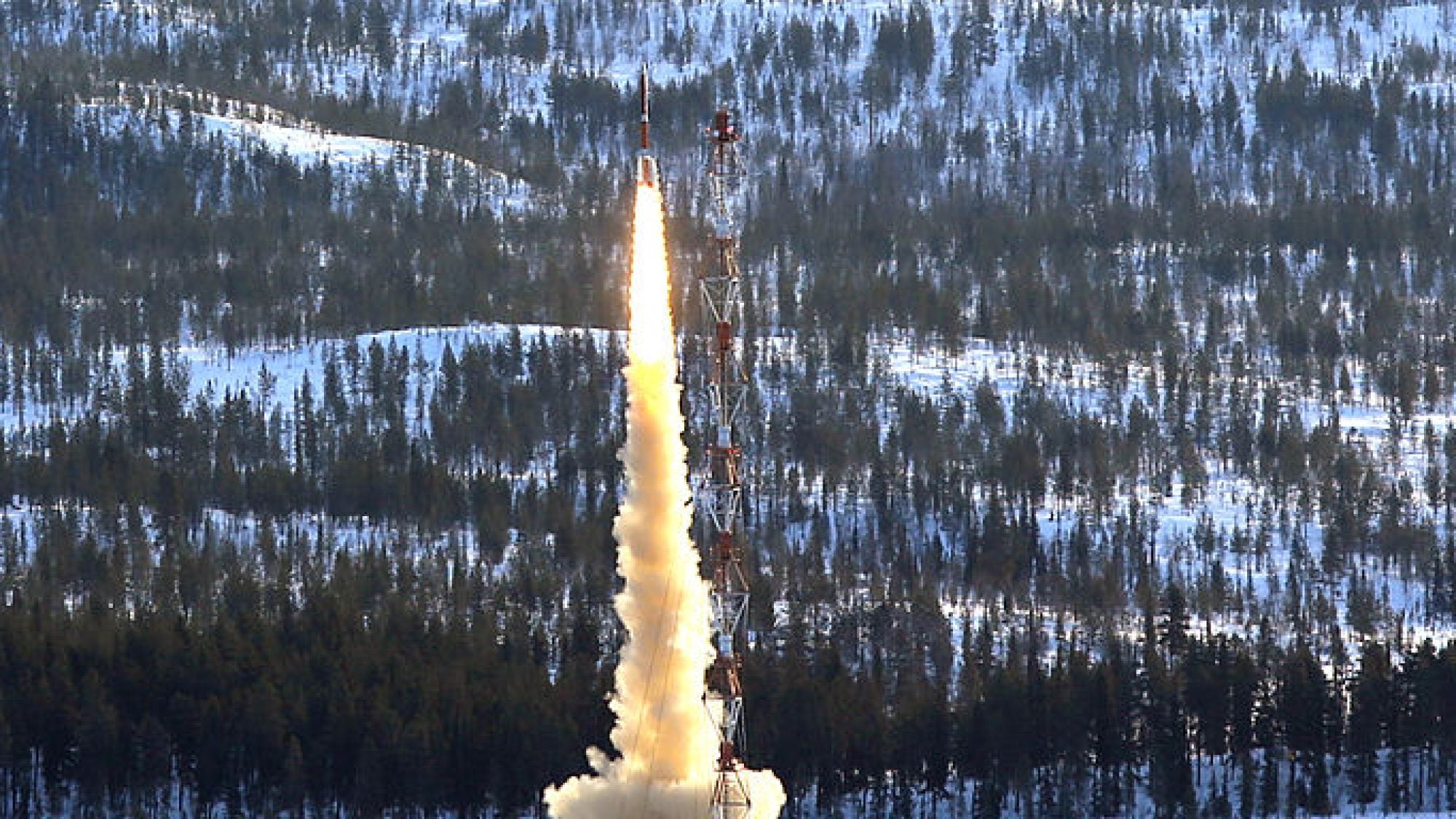
Title: Is Outer Space Safe?
In the wake of major launch successes for emerging spacefaring nations such as Iran, North Korea, and South Korea, the international community must consider what it means to be safe and responsible in outer space. According to the 1967 Outer Space Treaty, the cornerstone of international space law, all States and actors are welcome to access and utilize space for peaceful purposes. The phrase “peaceful purposes” has been interpreted freely over the last five decades. However, when more and more actors exercise what they see as their inherent right to pursue space activities in an environment polluted with space junk, the international community acutely feels the limitations of the current space legal regime.
Space today is dramatically different than it was when the Outer Space Treaty was negotiated nearly 50 years ago. Space applications and services touch countless facets of modern-day life. They enable everything from the GPS in your smartphone or car to the high-accuracy timing that keeps financial markets and international banking running smoothly; from the precision targeting used in drone attacks to warnings for impending natural disasters. But these developments come with new challenges that must be addressed. As more uses for space are discovered and taken advantage of by a growing list of space actors, the near-Earth environment grows more “congested, contested, and competitive,” according to the U.S. Department of Defense.
This changing reality in space brings with it a laundry list of threats. More and more countries quite literally aim for the stars in ambitious new space programs. Their spacecraft must navigate through decades of accumulated space junk, which, combined with clouds of debris created by a 2007 anti-satellite weapons test and a 2009 accidental collision between two satellites, seriously endanger operational satellites and the lives of those aboard the International Space Station. Interference with satellite transmissions, often referred to as jamming or spoofing, disrupts essential services and undermines strategic stability. Without some basic norms to measure responsible and safe behavior in space, we may inadvertently destroy our chances now and in the long term of utilizing all of the benefits space affords us.
Recent attempts to elaborate on norms of responsible behavior in outer space, including international initiatives aimed at identifying best practices, “rules of the road,” and non-binding codes of conduct, can serve to update international law so that it better captures the current space dynamic. All of these efforts focus on normative, non-legally binding solutions, reflecting the broadly shared sentiment that the issue of space sustainability is much too important to commit solely to drawn out, controversial treaty negotiations. The international community can achieve progress now in enhancing the safety of space operations and reducing the chances of misperception and mistrust in the space domain.
Importantly, this progress can only be accomplished through international cooperation and dialogue. Any one actor can jeopardize, either intentionally or unintentionally, everyone else’s ability to operate safely and affordably in space. In addition to addressing existing threats, international cooperation and discussion can also help usher in exciting new technologies currently being developed such as on-orbit satellite servicing to extend the life of satellites or active debris removal to clean up polluted orbits.
The United States has always played a critical role in shaping norms for the international community by identifying what constitutes right and wrong in various domains. Thanks to the United States’ long and successful history in space, it has developed the best standards for responsible and safe space operations. Exporting its best practices to others, especially emerging space players, is vital to keeping space safe and sustainable. However, government agencies responsible for representing the United States in critical ongoing discussions about space governance face slashed travel budgets as a result of retaliation for lavish overspending by the U.S. General Services Administration. This harsh backlash motivated by activities unrelated to space issues threatens to seriously undermine the U.S. government’s ability to play this leadership role in the international community.
With or without the United States, these conversations continue. One can only hope that they clearly define what it means to be safe and responsible in space before one more mishap or misstep by one actor ruins the use of space for the rest of the world and risks destabilizing strategic relations on Earth.
Image Credit: DLR (CC-BY 3.0)
This is an archived article. While every effort is made to conserve hyperlinks and information, GJIA’s archived content sources online content between 2011 – 2019 which may no longer be accessible or correct.
More News

This article examines the EU’s cyber diplomacy in Moldova’s parliamentary elections from September 28, 2025, which marked a new chapter in the bloc’s cyber diplomacy. Drawing on analysis of Russian…

Export controls on AI components have become central tools in great-power technology competition, though their full potential has yet to be realized. To maintain a competitive position in…

The Trump administration should prioritize biotechnology as a strategic asset for the United States using the military strategy framework of “ends, ways, and means” because biotechnology supports critical national objectives…